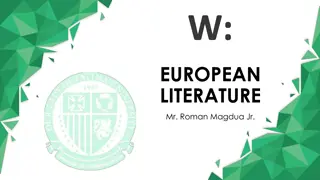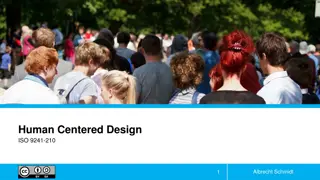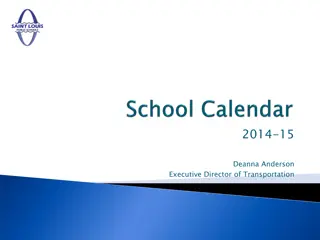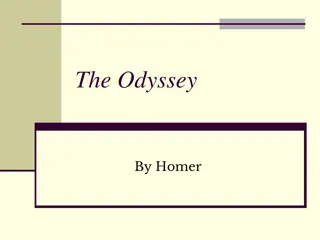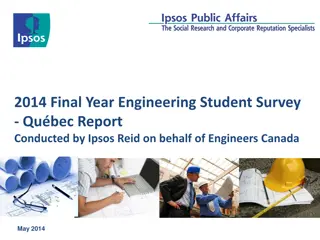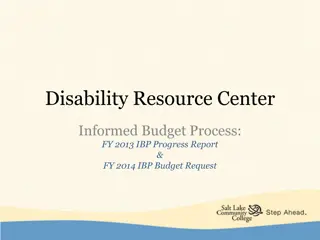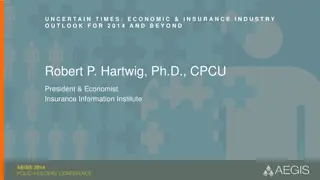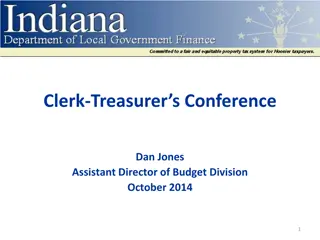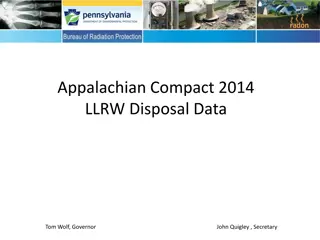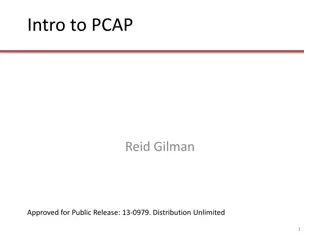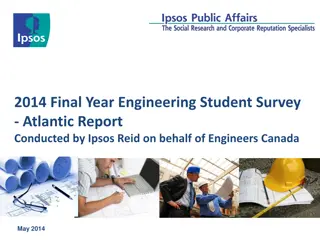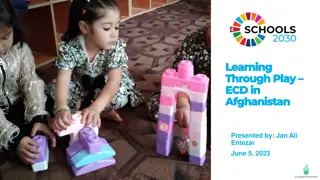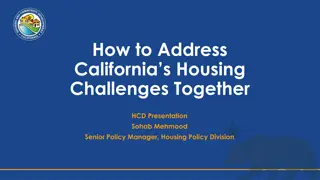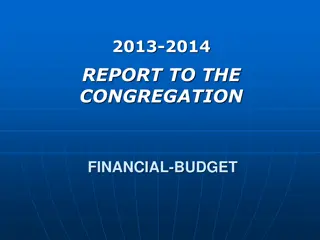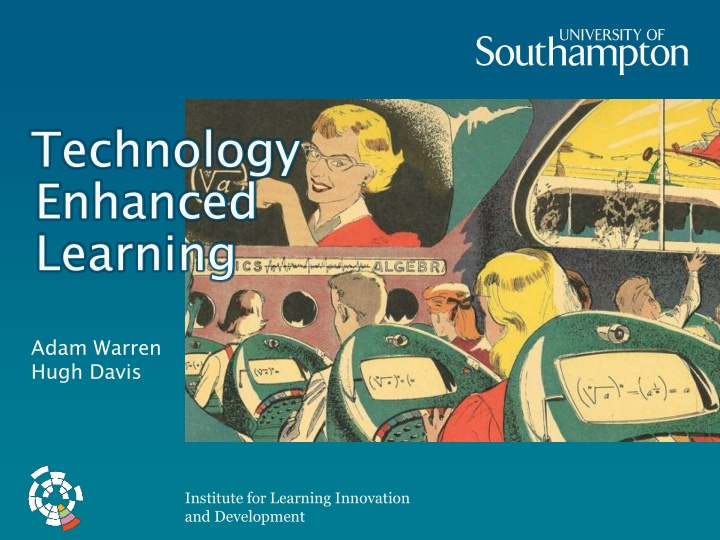
Technology Enhanced Learning at Southampton Institute
Explore the Southampton perspective on Technology Enhanced Learning (TEL), discover various technologies and their uses, learn about available systems and support, differentiate between blended and online learning, and grasp the significance of Digital Literacies in the curriculum.
Download Presentation

Please find below an Image/Link to download the presentation.
The content on the website is provided AS IS for your information and personal use only. It may not be sold, licensed, or shared on other websites without obtaining consent from the author. If you encounter any issues during the download, it is possible that the publisher has removed the file from their server.
You are allowed to download the files provided on this website for personal or commercial use, subject to the condition that they are used lawfully. All files are the property of their respective owners.
The content on the website is provided AS IS for your information and personal use only. It may not be sold, licensed, or shared on other websites without obtaining consent from the author.
E N D
Presentation Transcript
Technology Enhanced Learning Adam Warren Hugh Davis Institute for Learning Innovation and Development
The purpose of this session You will understand the Southampton perspective on Technology Enhanced Learning (TEL) You will be introduced to the different sorts of technologies and their uses or affordances You should know what systems and help are available at Southampton via iSolutions and ILIaD You will understand the difference between blended learning and online learning Understand the importance of including Digital Literacies in the Curriculum Institute for Learning Innovation and Development 2
The (revised) Nurnberg Funnel Institute for Learning Innovation and Development With thanks to James Atherton www.learningandteaching.info @HughDavis Inaugural Lecture Institute for Learning Innovation and Development 3
Why use Technology in Education? 1:1 or 1: Many Social Professional Synchronous vs Asynchronous Online Presence Personal Learning Networks Portfolio Objective Tests Groupwork Communication online Profile Collaboration Handin In Class Plagiarism Monitoring Assessment and Feedback Presentation Learning Differences Formative MOOCs & OERs Design Tools Simulations Stats Text Analysis Authentic Activities Access Online resources /information A n y Any Time TE L Video Music Documents Pictures Graphics Visualisations Any Place Flexibility Creativity Institute for Learning Innovation and Development 4
Drivers for change University strategy (Vision 20:20) Increasing student numbers Improving student experience ( 9000 - NSS) Controlling teaching load (research grants) Technological environment Institute for Learning Innovation and Development 5
What are the key factors in selecting technologies to support learning? What is the educational objective? What technologies are available? What about costs, support and sustainability? What are the benefits and barriers for your students? What are the benefits and barriers for you? How can its use be evaluated? Institute for Learning Innovation and Development 6
Learning Technologies The Web Blackboard Structured resources Discussion forums Individual & class blogs Wikis Groups MCQ tests Online submission Self & peer assessment Tracking and alerts Panopto Screen+audio recording Webcam or visualiser Editing & versions Controlled access Live streaming Facebook Twitter Skype Flickr Slideshare Prezzi YouTube Screenr Google Docs Google Maps WordPress Piazza MindMeister Padlet ThingLink TikiToki Questionmark Perception Secure MCQ exams eFolio Student ePortfolios Tutor dashboard Module websites Module evaluation Skills and competencies Badges & achievements Student registers Anonymous feedback Module text messages eAssignment & Turnitin Online submission Online marking Plagiarism deterrence Adobe Connect Virtual meeting rooms Meeting recordings EdShare Resource sharing Collections and tagging Turning Point zappers In-class quizzes Institute for Learning Innovation and Development 7
Institute for Learning Innovation and Development 8
What examples can you think of? Online vs Blended Online is clearly useful for flexible distance learning but .. Blended Learning is about using on-line activities blended with conventional f2f learning to: Allow students to solve authentic problems with authentic tools To improve student engagement active learning Provide any time/any place learning flipped classroom Benefit learners with different learning styles (Blended learning is generally considered to be more than simply accessing resources digitally ) Institute for Learning Innovation and Development 9
Some Examples A structured piece of online learning (e.g. a guided tour through some learning materials followed by a self assessment) An on-line lab using a simulation A serious game A debate carried out on a forum A peer assessment/review exercise An objective question quiz (with feedback) Use of authentic tools and real-world data to answer complex questions A design exercise collaborating with students in a different part of the world Creation and appraisal of new digital artefacts Institute for Learning Innovation and Development 10
Blended learning face-to-face teaching assessed tasks directed learning preparation & reflection mastery independent learning Roger Ottewill (CLT) On the Horizon 10,1 2002 Institute for Learning Innovation and Development 11
MOOCs in campus based learning The Embedded MOOC External non-paying MOOCers MOOC activity Paying Students @HughDavis Inaugural Lecture Institute for Learning Innovation and Development 12
What is on the Blackboard? administrative information course management functions multimedia resources links to Web resources formative and Summative Assessment group communications (wikis, forum) independent learning activities group-work and projects Learning analytics How many of these features do your modules use? What do you do well? What could improve? Institute for Learning Innovation and Development
Drivers and Benefits of Online/Blended excellent vehicle for enquiry/research led learning ideal for developing and supporting lifelong learners supplements and enhances accessibility of face-to-face learning exciting, novel and authentic learning experiences Online can support student centred learning, providing flexibility in time place learning style pedagogic style support assessment and recording of student achievement the opportunity to develop new markets after initial cost and effort, e- learning can provide financial and time savings allow us the opportunity to provide reliable and equitable student support; So why don t we do this more? Scalable 14
Finding, evaluating, processing, organising, analysing, presenting Business Models Beliefs and Practices Digital Citizenship Using applications and services Digital Workpractices Street Wisdom on the Digital Highway Information Literacy Digital Academic Practices ICT Skills Identity and Reputation Communication Collaboration Media Literacy Social Networks (of People) Networking Evaluating Affordances 15
The learner is given the stuff via the network The learner finds stuff on the network The learner finds stuff from the network (of people) The learner is part of the network and contributes Stuff ontology Business Models Beliefs and Practices Digital Citizenship Digital Workpractices Street Wisdom on the Digital Highway Information Literacy Digital Academic Practices ICT Skills Identity and Reputation Communication Collaboration Media Literacy Social Networks (of People) Networking Evaluating Affordances 16
Digital Literacies are the skills needed to live, learn, work, collaborate, influence and lead in the virtual and digital world Business Models Beliefs and Practices Digital Citizenship Digital Workpractices Street Wisdom on the Digital Highway Information Literacy Digital Academic Practices ICT Skills Identity and Reputation Communication Collaboration Media Literacy Social Networks (of People) Networking Evaluating Affordances 17
Support from ILIaD Consultancy on and support for learning design; Assisting teachers in developing appropriate innovative activities; Just-in-time support for innovative learning technologies; Special interest groups/events for sharing and dissemination; In-house events as requested by individual faculties; Development of Digital Literacies; Producing online activities, videos and animations. iliad@soton.ac.uk Institute for Learning Innovation and Development 18

